Navigating the world of SEO can be quite daunting for beginners. Keyword research, on-site optimization, and link-building – these are just the tip of the iceberg in search engine optimization. We understand how complex it can be, that’s why we have prepared a basic yet comprehensive guide to help you get started on your SEO journey.
With a clear grasp of SEO fundamentals, you can set up your website to attract more traffic and improve your online visibility. Mastering the technical aspects of SEO is crucial for any website owner. Elements such as site speed, mobile-friendliness, and secure website connections play a significant role in how search engines rank your site. By prioritizing these technical details, you ensure that your website is not only user-friendly but also optimized for search engine algorithms.
Content creation for SEO is not just about using keywords. It is about crafting informative, relevant, and engaging content that resonates with your audience. We help you understand how to integrate SEO strategies into your content effectively. This includes using suitable titles, meta descriptions, and headers to improve your rankings and click-through rates.
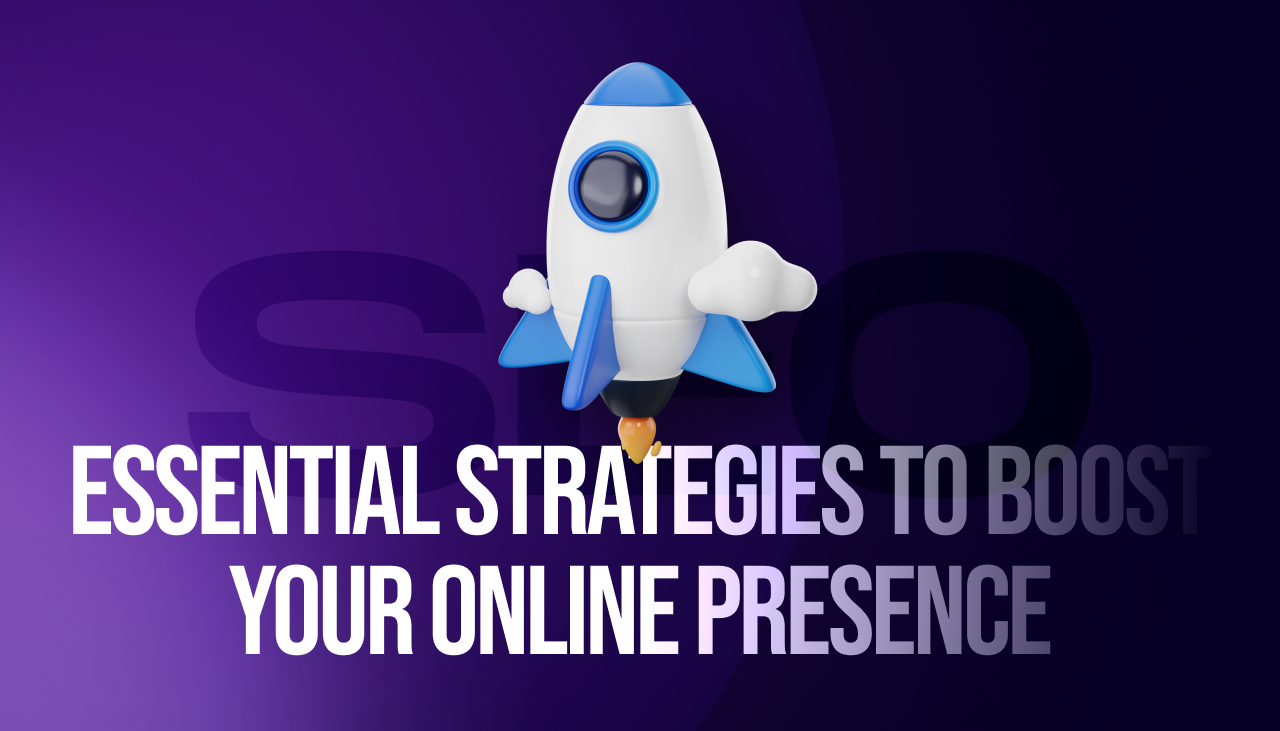
Key Takeaways
- A clear understanding of SEO basics sets the stage for website success.
- Attention to technical SEO factors is essential for optimizing your site.
- Quality content creation is key to engaging both users and search engines.
Table of Contents
Understanding SEO Basics
To effectively navigate the world of SEO, it’s crucial we first grasp its fundamental concepts and mechanics.
What Is SEO?
SEO, or search engine optimization, is the process we undertake to increase a website’s visibility in search engines like Google. Our goal with SEO is to enhance our site’s organic search traffic, which means drawing more visitors without paying for ads. Through SEO, we optimize our content to align with what people are searching for, aiming to appear in the higher ranks of the Search Engine Results Pages (SERPs).
How Search Engines Work
Understanding how search engines work is essential for effective SEO. Search engines use complex algorithms to crawl and index our websites. They analyze our site’s structure, content, and links to grasp the topic and authority. Google, being the most prevalent search engine, employs these algorithms to match users’ queries with the most relevant results in the SERP. The more relevant our content is to a specific query, and the better its user experience, the higher its potential to rank well in the search results.
Keyword Research and Targeting
In the realm of SEO, keyword research is pivotal for the visibility and success of content online. It guides us in understanding the queries our audience is using.
Importance of Keyword Research
Keyword research is more than just finding words; it’s about understanding the needs and language of potential visitors. It enables us to align our content with what people are actually searching for in search engines. This alignment can significantly increase the visibility of our web pages in search results, driving more relevant traffic to our site.
Identifying Effective Keywords
To identify effective keywords, we look at search volume and relevance. A powerful keyword is one that has a high search volume but is also highly relevant to our content. We employ tools like Ahrefs Webmaster Tools to scrutinize these metrics and choose keywords that can effectively draw in our target audience.
Long-Tail Keywords and Their Impact
Long-tail keywords, usually more than three words, are specific and less competitive. Their specificity means they can better match user intent. While they may have lower search volume, the traffic they bring is often more targeted and likely to convert.
Tools for Keyword Research
For keyword research, a plethora of tools exists to aid us. Tools like Ahrefs help us explore keywords, analyze their search volume, and understand keyword difficulty. They provide insights into the keywords our competitors are ranking for, enabling us to make strategic decisions on which keywords to target in our SEO efforts.
Technical Aspects of SEO
In this section, we’ll cover the technical elements that are essential for optimizing your website for search engines. It’s important to have a strong foundation in these technical aspects to ensure your site’s performance and user experience are maximizing its SEO potential.
Understanding Domain and URLs
A clear domain name and URL structure are crucial for both users and search engines. We use concise, readable URLs that reflect the content of the page. The use of relevant keywords within our URLs can also enhance our site’s SEO.
The Role of HTTPS
We prioritize security by implementing HTTPS. This encrypts data between the visitor and our server, which not only protects user information but is also a ranking factor for search engines.
Optimizing Site Speed
Fast loading times are essential for retaining visitors and improving our search engine rankings. We continuously monitor and enhance our site speed by optimizing images, leveraging browser caching, and reducing server response time.
Mobile-Friendly Design
With the increasing use of mobile devices to access the web, we ensure our website has a responsive, mobile-friendly design. This adapts our content to fit all screen sizes, improving user experience and search engine rankings.
Creating an Effective Sitemap
An XML sitemap is a roadmap for search engines to understand the structure of our website. We keep our sitemap up-to-date, making it easier for search engines to find and index our pages.
Utilizing Robots.txt
The robots.txt file is how we communicate with web crawlers about which parts of our site should not be processed or indexed. We carefully set up our robots.txt to prevent search engines from accessing duplicate content or irrelevant sections of our website.
Content Creation for SEO
Creating SEO-friendly content is essential for any website aiming to rank well in search engine results. We’ll address how to write high-quality content, utilize title tags and meta descriptions, optimize multimedia elements, and properly use internal linking to improve the SEO of your content.
Writing High-Quality Content
The cornerstone of SEO is high-quality content. We prioritize producing content that provides value to our readers, which means it should be informative, accurate, and engaging. High-quality content tends to be comprehensive, often with longer content that thoroughly covers the topic. We incorporate relevant keywords naturally throughout the text to help our content rank for those terms.
Utilizing Title Tags and Meta Descriptions
Title tags and meta descriptions play a critical role in SEO performance. Title tags should be compelling and include our main keyword to improve visibility in search rankings. We craft meta descriptions that succinctly summarize the content of the page, using it as an opportunity to encourage clicks from the search results.
Optimizing Images and Videos
Images and videos make our content more engaging and understandable. We ensure each image file has a descriptive file name and includes a keyword-rich alt text for SEO benefits. For videos, providing a transcript can be a powerful tool for incorporating additional keywords and content.
Internal Linking within Content
We use internal links to help search engines understand the structure and hierarchy of our website. This strategy involves linking to other relevant pages within our website, which distributes page authority and helps with ranking. Internal linking also improves navigability for users, encouraging them to explore our website further.
Link Building Strategies
When we discuss link building strategies, we’re focusing on how to increase your site’s authority and visibility through the acquisition of valuable backlinks.
Importance of Backlinks
Backlinks are crucial because they act as a vote of confidence from other sites. They signal to search engines that others vouch for our content. This can significantly affect our site’s search ranking position.
How to Acquire Quality Links
To acquire quality links, we must create high-quality content that provides value. We can then use strategies like content marketing and guest blogging to encourage others to link back to our site. It’s essential that the links we pursue are relevant to our niche and come from reputable sites.
The Art of Outreach
Outreach involves contacting bloggers and journalists to share our content. Effective outreach is personalized, offers clear value, and uses appropriate anchor text to ensure relevance. We build relationships with these individuals to secure backlinks that enhance our site’s SEO profile.
SEO and User Experience
In SEO, user experience (UX) plays a pivotal role. It signals search engines that our site is valuable to users, thus helping with rankings.
The Relationship Between SEO and UX
Google’s algorithms prioritize websites that offer strong user experiences. The rationale is straightforward: if users find a website useful and easy to navigate, they are more likely to stick around, engage with content, and return in the future. This behavior signals to search engines that our content is relevant and deserves a higher rank in search results. Additionally, elements like mobile-friendliness and page speed are direct ranking factors, which also fall under the umbrella of UX.
Site Architecture and Navigation
Our site’s architecture should be intuitive. This means organizing content in a clear hierarchy that guides visitors through our website naturally. A well-structured site helps search engines understand our content better, making it easier to index and rank. For users, a logical navigation system reduces frustration and increases the likelihood of a positive experience. Always ensure our site architecture supports both SEO and design principles for the best results.
Monitoring SEO Performance
Measuring the effectiveness of our SEO strategies is essential for continuous improvement. By tracking the right metrics, we can make data-driven decisions to enhance our website’s search engine rankings.
Using Google Analytics and Search Console
Google Analytics provides detailed insights into our site’s traffic. We analyze the number of visits, the behavior of users, and the source of our traffic to understand which areas perform well and where we need to improve. Google Search Console complements Analytics by offering data on our site’s visibility in the search results. It shows us which queries bring users to our site and how our pages are performing in the SERP.
Site Audits and Performance Reviews
Conducting regular site audits is crucial for identifying technical SEO issues that could be hindering our site’s performance. We check for broken links, page speed, mobile-friendliness, and proper use of meta tags. Performance reviews help us assess and track changes over time, ensuring we stay on track with our SEO objectives.
Interpreting Traffic and Ranking Data
Interpreting traffic data allows us to understand user engagement and the effectiveness of our content. We analyze the data to see which pages receive the most visits and the highest engagement rates. Ranking data from Search Console gives us insight into how our pages compare against competitors in search results. We use this information to refine our SEO approach and prioritize areas for improvement.
Social Media and SEO
In the contemporary SEO landscape, we recognize the critical role social media plays in driving traffic and enhancing search engine visibility.
Leveraging Social Media for SEO
We utilize a variety of social media platforms to increase our content’s reach. By sharing content on these platforms, we not only engage with a broader audience but also drive considerable traffic back to our website. It’s essential to create shareable content with relevant hashtags to improve visibility. Content shared by users across their networks can lead to increased traffic and user engagement on our site.
Social Signals and Their Effects on SEO
We understand that social signals, such as likes, shares, and comments, may indirectly influence our SEO performance. These signals can suggest to search engines that our content is valuable to readers, even though they don’t directly impact rankings. High levels of engagement on our social media posts can lead to a larger online presence and potentially more backlinks, as our content gets shared across the web.
Local SEO Fundamentals
In this section, we’re diving into the essentials of harnessing Local SEO to improve visibility in local search results and attract nearby customers.
Understanding Local SEO
Local SEO is an effective way for us to optimize our online presence, to attract more business from relevant local searches. These searches take place on Google and other search engines, making it critical for us to ensure that local customers can find us easily. Google’s local search algorithm includes proximity, relevance, and prominence as key factors; we need to optimize for these to help boost our local rankings.
Optimizing for Local Search Results
To optimize for local search results, the first step is to claim and verify our Google My Business listing. This service is free and is vital for our business to appear in local search results and Google Maps. We should include accurate and up-to-date information: business name, address, phone number, and working hours are pivotal for local SEO.
Our next task is to incorporate local keywords strategically into our website’s meta tags, content, and URLs. For example, including the city or region name alongside our main keywords can help us rank better in local searches. We also must focus on obtaining local backlinks and managing online reviews as these signal to Google the authority and credibility of our business.
SEO Tools and Resources
In this section, we’ll explore essential tools and resources that are fundamental for anyone beginning their SEO journey. These instruments range from plugins to comprehensive guides, each designed to enhance your website’s search engine optimization.
SEO Plugins for WordPress
Our WordPress sites can dramatically improve their SEO with the right plugins. Yoast SEO is one of the most popular, offering a robust framework for managing SEO elements like meta tags and sitemaps. Another great option is All in One SEO Pack, which simplifies complex SEO features for beginners.
Utilizing SEO Glossaries and Guides
Resources like Moz’s Beginner’s Guide to SEO provide a deep dive into SEO fundamentals, making complex concepts accessible. These guides often include glossaries that help demystify jargon, ensuring that even the most novice users can grasp essential terms and practices.
Online SEO Courses and Certification
For those who prefer structured learning, online SEO courses offer a way to gain expertise systematically. The Moz Academy SEO Essentials Certification is a valuable credential that can set you apart in your SEO career. It offers a mix of theory and practical exercises to ensure that you have a holistic understanding of SEO best practices.
Avoiding Common SEO Mistakes
To excel in SEO, we need to steer clear of common pitfalls that could undermine our efforts. By addressing these mistakes from the start, we set a strong foundation for our website’s visibility and search engine ranking.
Common On-Page SEO Pitfalls
On-page SEO is about optimizing individual web pages to rank higher and gain more relevant traffic. Title tags are critical; they should be unique for each page and include main keywords. Avoid overstuffing keywords, though—it can lead to penalties. Meta descriptions offer a summary of the page content and are an opportunity to encourage clicks from search results, so they need to be compelling and contain relevant keywords.
Content should be structured with paragraphs that are easy to read and provide value. Not only does quality content help with engagement, but it facilitates better indexing by search engines. Remember to use header tags (like H1, H2, H3) to organize content—this helps search engines understand the structure and the importance of topics within the page.
Technical SEO Errors to Avoid
Technical SEO involves the actions we take to help search engines crawl and index our site more effectively. Ensure that you’re not accidentally blocking search engines from crawling parts of your site with the robots.txt file. Indexing issues can also occur when redirect chains are too long or broken.
The load speed of your pages is another critical factor. A slow website can harm your rankings and user experience. Tools like Google PageSpeed Insights provide valuable insights into how we can improve our site’s speed. We must act on these insights to enhance load times across all devices.
Advanced SEO Topics
In this section, we delve into deeper layers of SEO that can make a substantial difference in our search rankings, focusing specifically on semantic search and the intricacies of featured and rich snippets.
Understanding Semantic Search and Search Intent
Semantic search is the process by which search engines interpret the nuances and context of queries to deliver more accurate results. As we analyze search intent, we’re looking at the why behind a user’s query. It’s crucial for us to understand whether users are seeking information, looking to make a purchase, or finding a specific website. Our content must align closely with these intentions, going beyond keywords to satisfy the underlying needs.
Exploring Featured and Rich Snippets
Featured snippets and rich snippets can significantly increase the visibility of our content in search results. Featured snippets provide a concise answer or summary to the user’s query and appear at the top of search results. To target these, we must create content that directly answers questions and provides clear, structured information.
Rich snippets, on the other hand, enhance our listings with additional details such as ratings, prices, or event information. They rely on structured data markup, like Schema.org, which we should implement correctly on our sites. By using this markup, we’re signaling to search engines the important elements of our content, helping them display additional information that can improve click-through rates.
The Business of SEO
In the realm of digital marketing, SEO is the backbone that supports online visibility and user traffic growth for businesses. It’s a blend of art and science, optimizing for search engines and human readers alike.
SEO for Marketing Strategy
We recognize SEO as an essential component in our marketing strategy for its ability to drive organic traffic. This traffic, often high-quality due to precise keyword targeting, is cost-effective compared to paid channels. It ensures that our content marketing efforts reach the right audience. By integrating SEO principles into the creation and distribution of our content, we make a long-term investment in our digital presence.
Balancing SEO and Paid Ads
Understanding the interplay between SEO and paid ads is crucial for us. SEO lays a strong foundation for sustainable organic reach, often leading to reduced advertising costs over time. Paid ads, meanwhile, provide immediate visibility and can boost short-term traffic. We consider both in our budget allocation, aiming to strike an optimal balance that maximizes ROI. Effective use of both strategies can create a synergy, where paid ads can inform and refine our SEO tactics through keyword and performance data.
Frequently Asked Questions
We’ve compiled common questions beginners often ask when venturing into SEO. These answers will guide you through basic but powerful strategies to enhance your website’s search engine performance.
How can I improve my website’s SEO as a beginner?
Focus on creating high-quality, original content that addresses the needs of your audience. Ensure your site is well-structured with a clear hierarchy and easy navigation.
What are the most effective SEO strategies for new websites?
For new websites, keyword research is crucial. Identify terms your audience is searching for and incorporate them naturally into your content. Also, build quality backlinks to increase your site’s authority.
What are the essential steps to get started with SEO for a small business?
Start by optimizing your Google My Business listing. Work on on-site optimization, like improving your title tags, meta descriptions, and internal linking. Prioritize local SEO by including your location in key areas of your site.
Can you provide some simple but effective SEO techniques for better rankings?
Absolutely, ensure your website loads quickly and is mobile-friendly. Use relevant keywords in your content and meta tags. Acquire reputable backlinks and regularly update your website with fresh content.
Where can I find a beginner’s guide to understanding the basics of SEO?
Visit The Beginner’s Guide to SEO for an in-depth understanding of SEO fundamentals. This guide breaks down the essential steps to make your site search engine friendly.
What are the key tactics for enhancing a website’s visibility on Google?
Optimize all your content with well-researched keywords. Make sure your website’s user experience (UX) is top-notch. Regularly analyze your website’s performance and adjust strategies as needed.


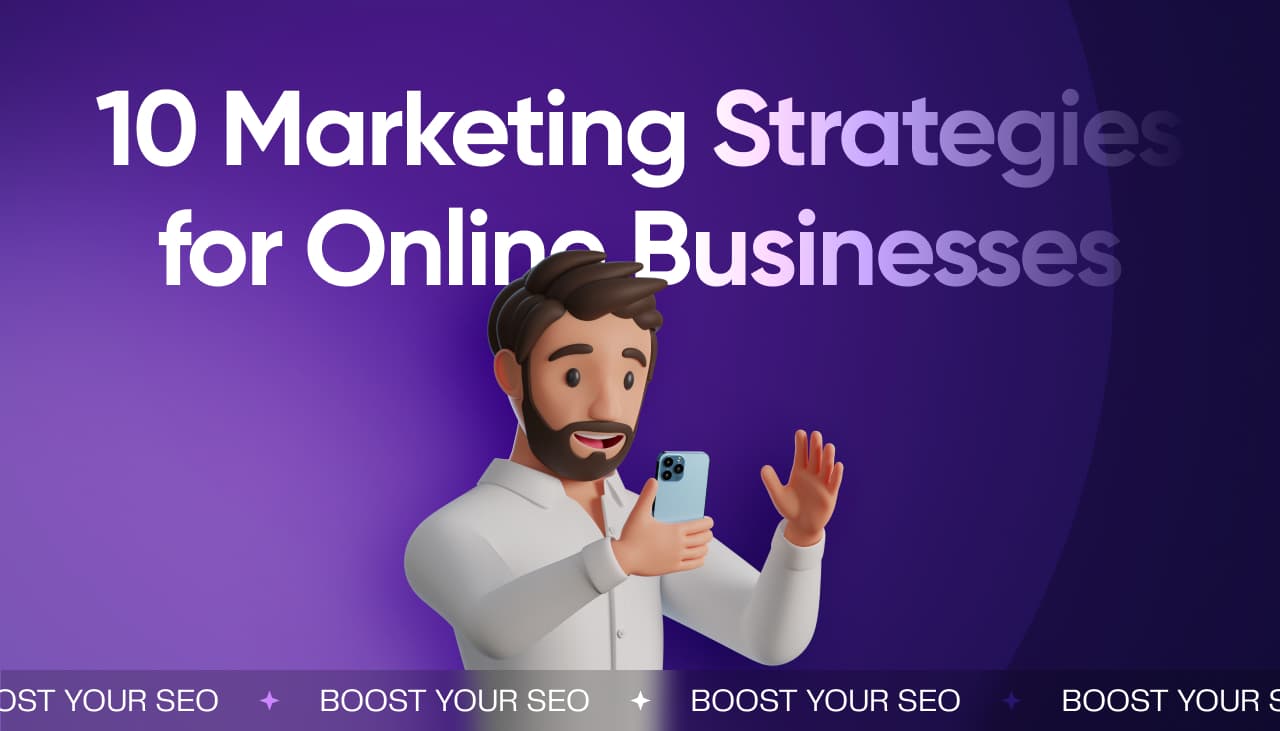









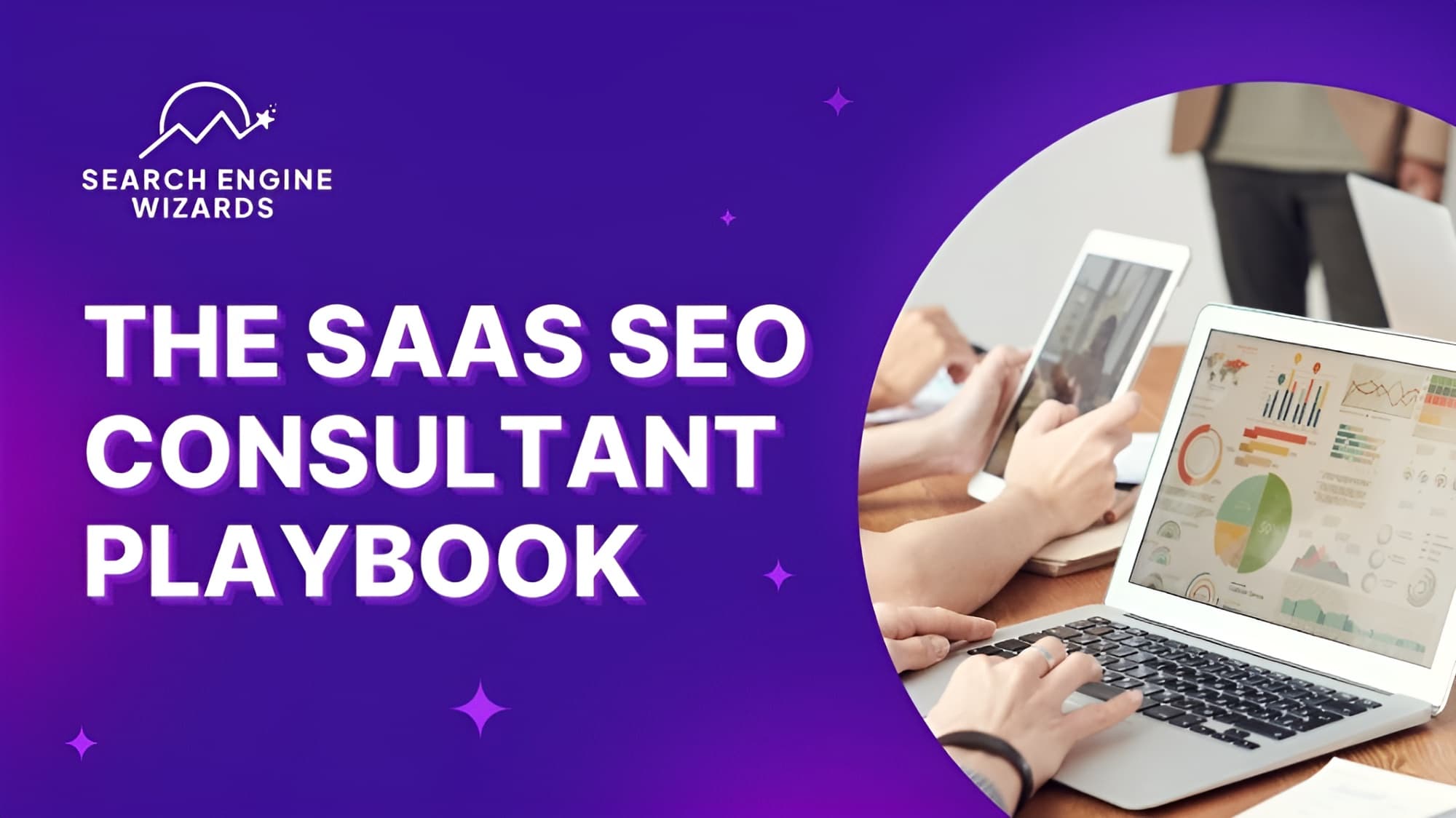
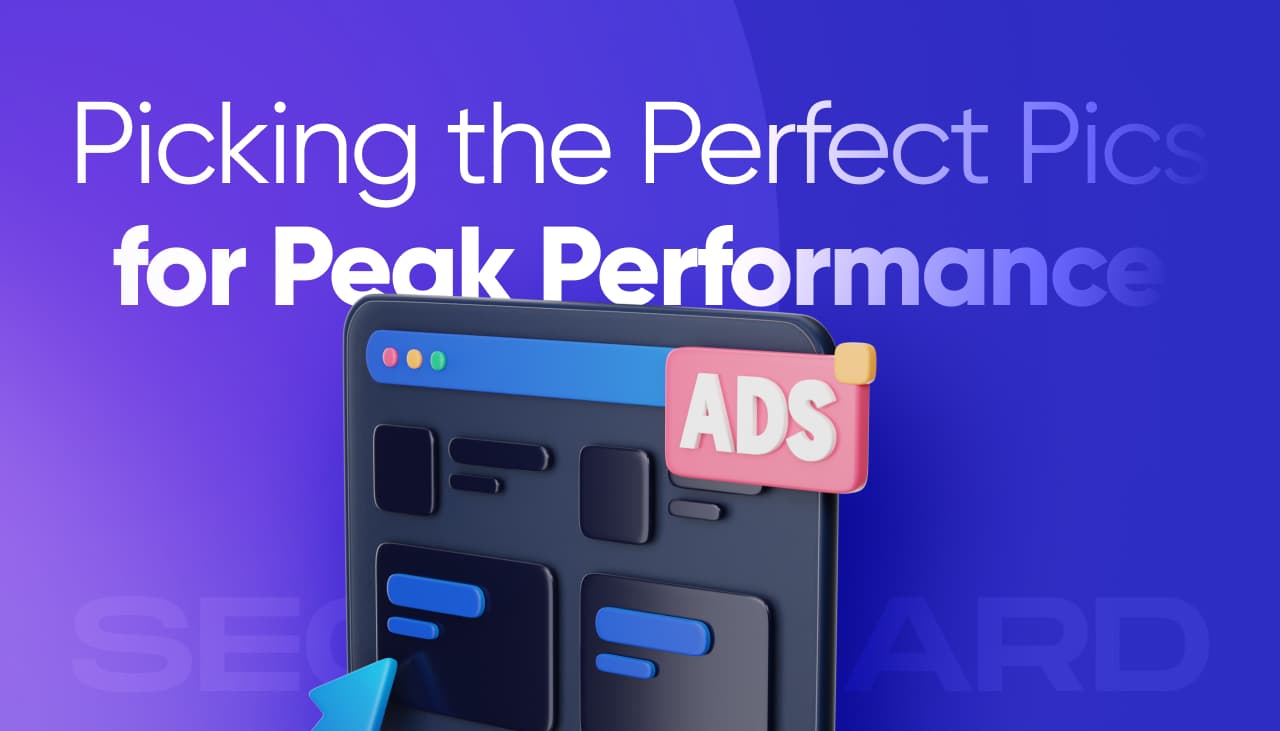

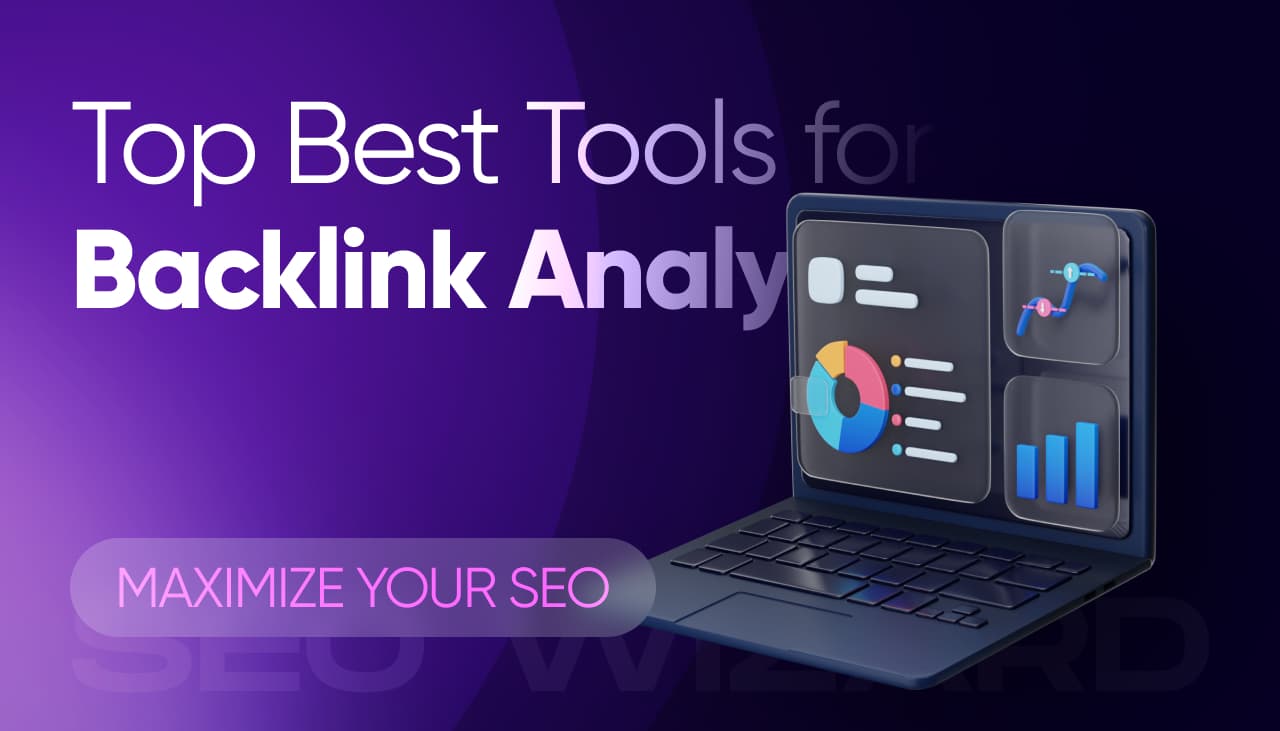
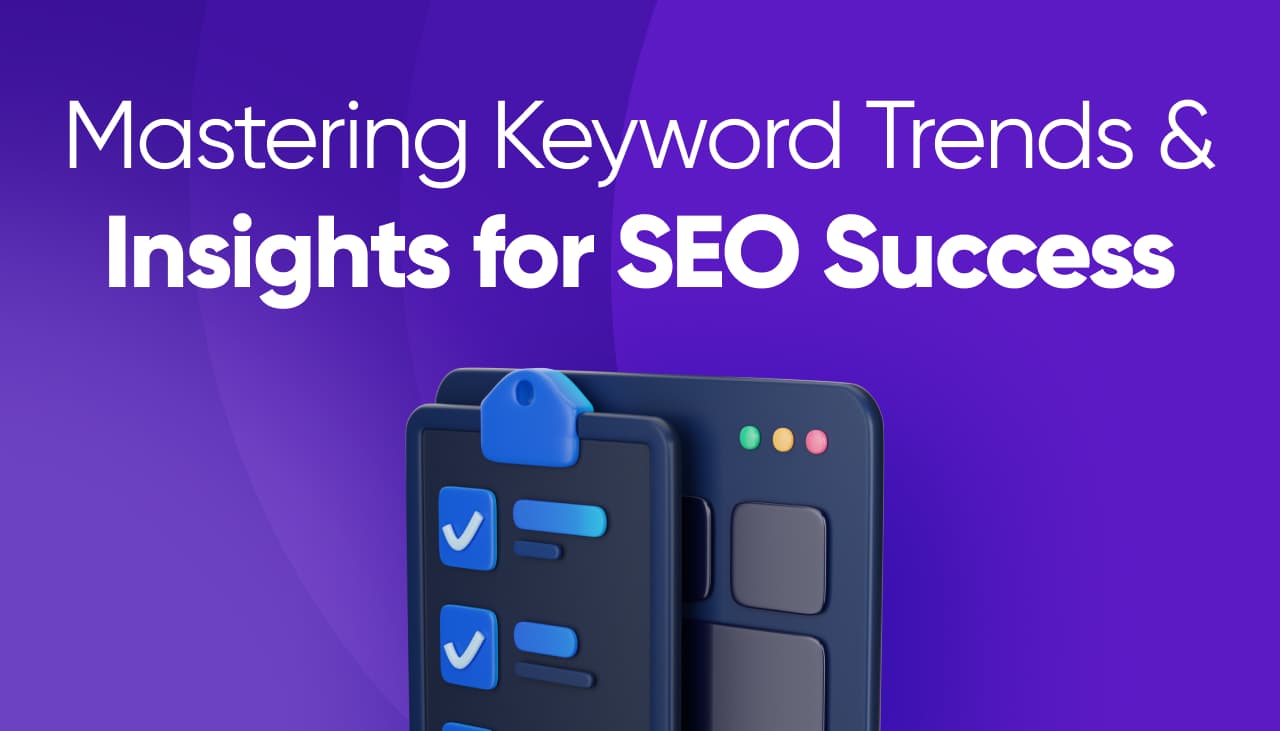

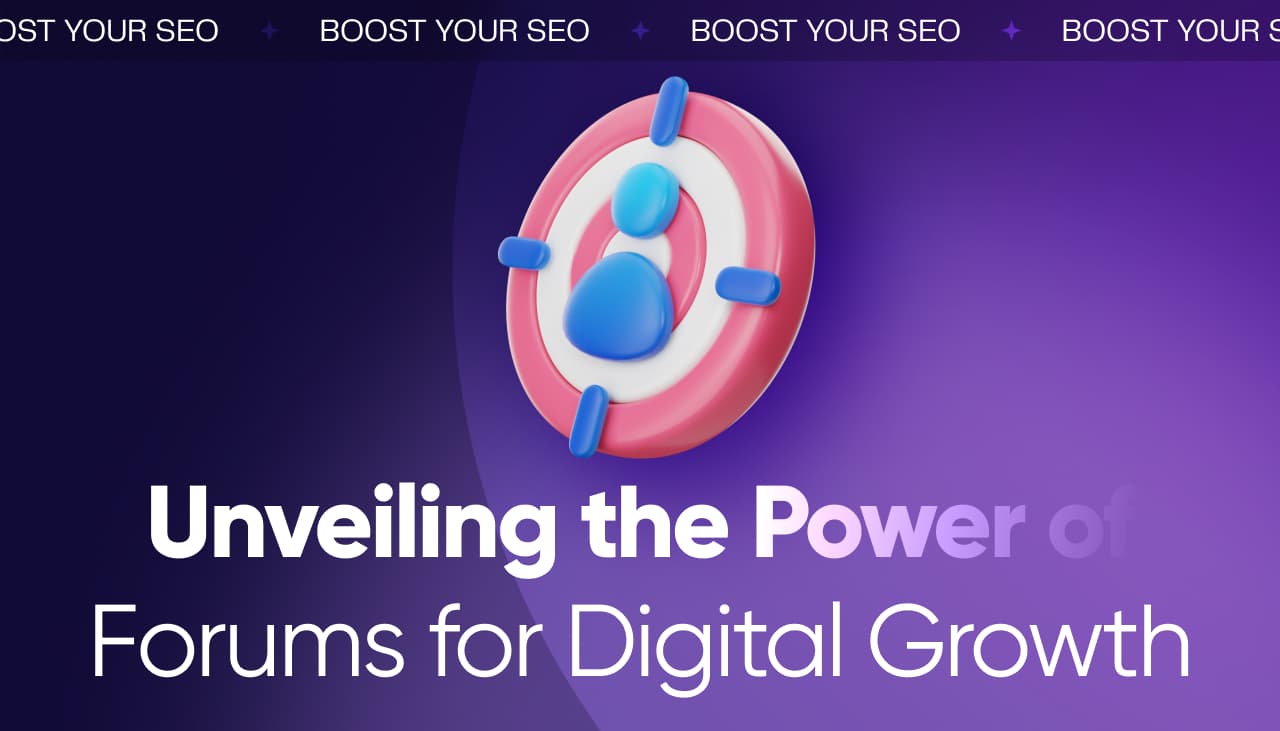
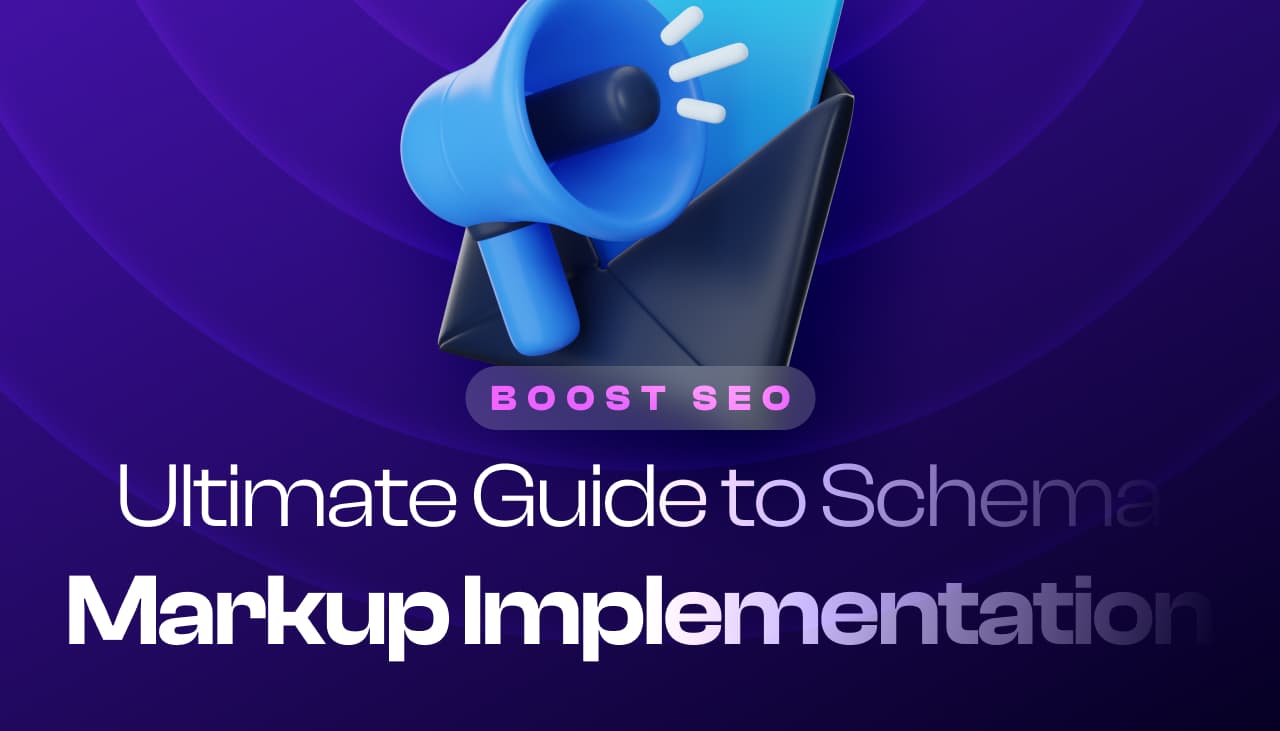
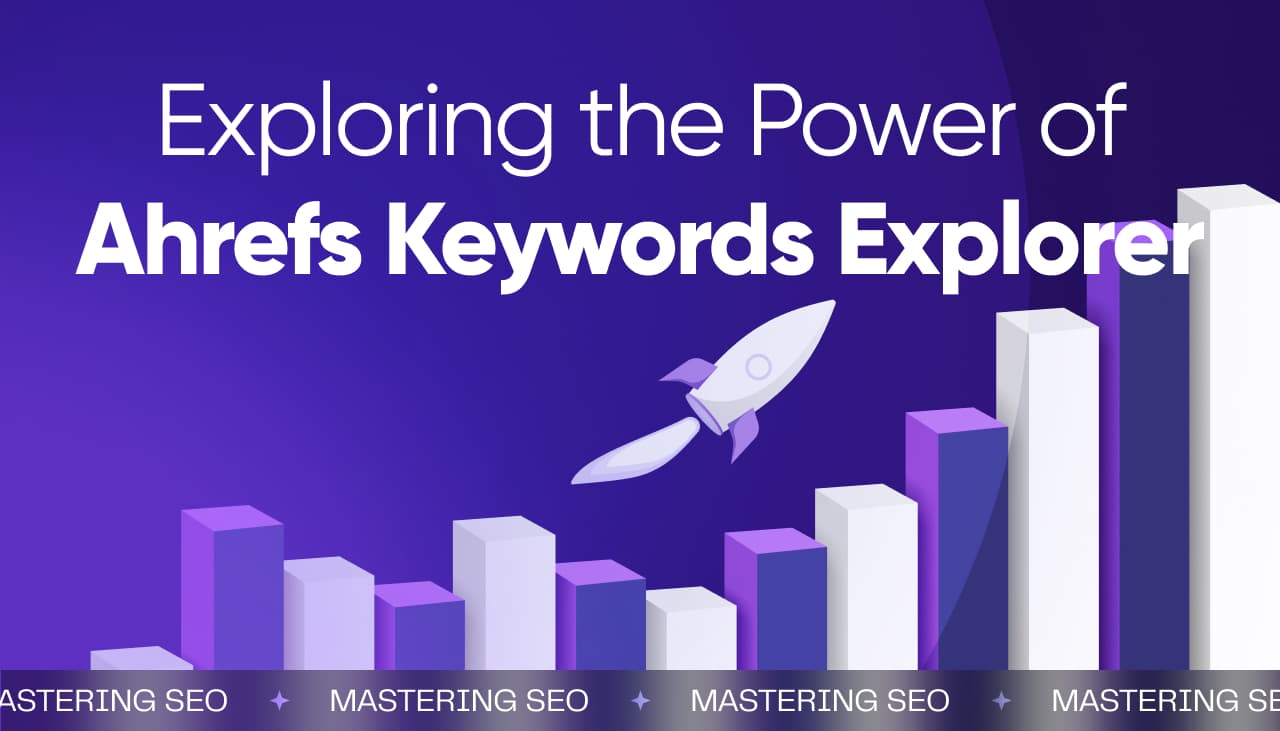

Responses (0 )